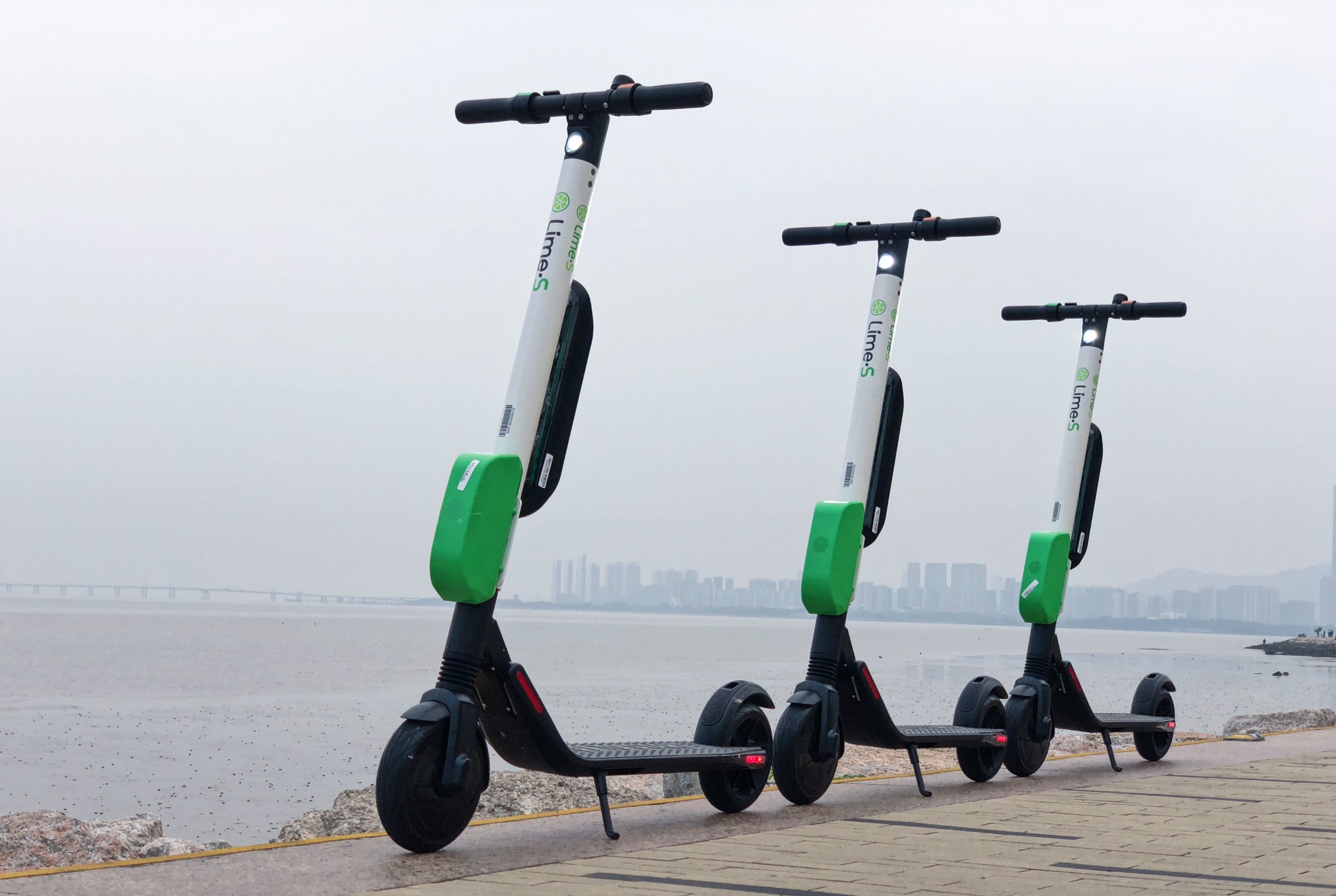The following op-ed was penned by the leader of a new pro-scooter group comprising Uber and Lime, two leaders in the industry that are hoping New York City and State legalize the currently illegal form of micromobility. This opinion piece does not necessarily reflect the opinion of Streetsblog or its journalists, but is presented so that readers can continue to be informed as the debate continues in Albany and City Hall.
New Yorkers are no strangers to travel delays and traffic jams, but it’s not every day that gridlock in the City is caused by gridlock in Albany. However, that’s exactly the situation New Yorkers will face if the state fails to pave the way for New York City to write smart rules for transportation solutions like e-scooters and dockless bikes.
Right now, the New York State Assembly and Senate are considering the budget for Fiscal Year 2019-2020, which includes proposals to modernize the state’s transportation system. One such measure would authorize cities to write their own rules for the use of e-scooters – a provision Governor Andrew Cuomo rightly champions as a way to alleviate some of the problems New York commuters face.
Service disruptions, delays, rising fare costs – these are all too common occurrences for commuters in New York City. City leaders have argued that they need to focus on “completely modernizing the system in the shortest time frame as possible.” But impending repair work on New York City’s subway and bus systems this April will only exacerbate the issues the 4th most congested city in the country already faces.
E-scooters and dockless bikes can help reduce congestion and traffic strain while providing innumerable benefits to NYC commuters. As safe and convenient as bicycles, e-scooters replace car trips and allow people to get from point A to point B quickly, without having to wait on public transportation schedules or pay for parking on city streets. They are also inexpensive and affordable, often costing less than a subway ride or a ride-share car trip.
In taking cars off the roads, e-scooters help pave the way for a more environmentally-friendly, sustainable transportation system. Plus, they help fill a vital last-mile transportation gap that exists, helping to bring commuters even closer to their ultimate destinations.
E-scooters would especially benefit people living in “transit deserts,” or neighborhoods where mass transit options are limited or nonexistent. These neighborhoods experience high delays, extended travel time, and congestion costs, particularly when residents are commuting to work.
Certainly, NYC can and should manage the careful work of setting a smart regulatory framework that allows New Yorkers to use these additional transportation options. State authorization of e-scooters would not preempt NYC’s ability to address city-specific concerns or dictate how the city implements e-scooters into the network grid. On the contrary, it would open the door to that discussion and start a process that will ultimately benefit New Yorkers from all walks of life.
New Yorkers should be able to share in the cost and convenience benefits of micromobility and shared e-scooter technology. New York City assemblymen and senators would do well to work with legislators around the state and Governor Cuomo to advance e-scooter legislation, modernize the state’s transportation system, and give their residents the commuting options they deserve.
Ryan McConaghy is executive director of The Micromobility Coalition, which promotes access to personal transportation options that reduce traffic, create cleaner and quieter communities, and make it easier for people to get where they want to go. Founding members include Uber and Lime.







